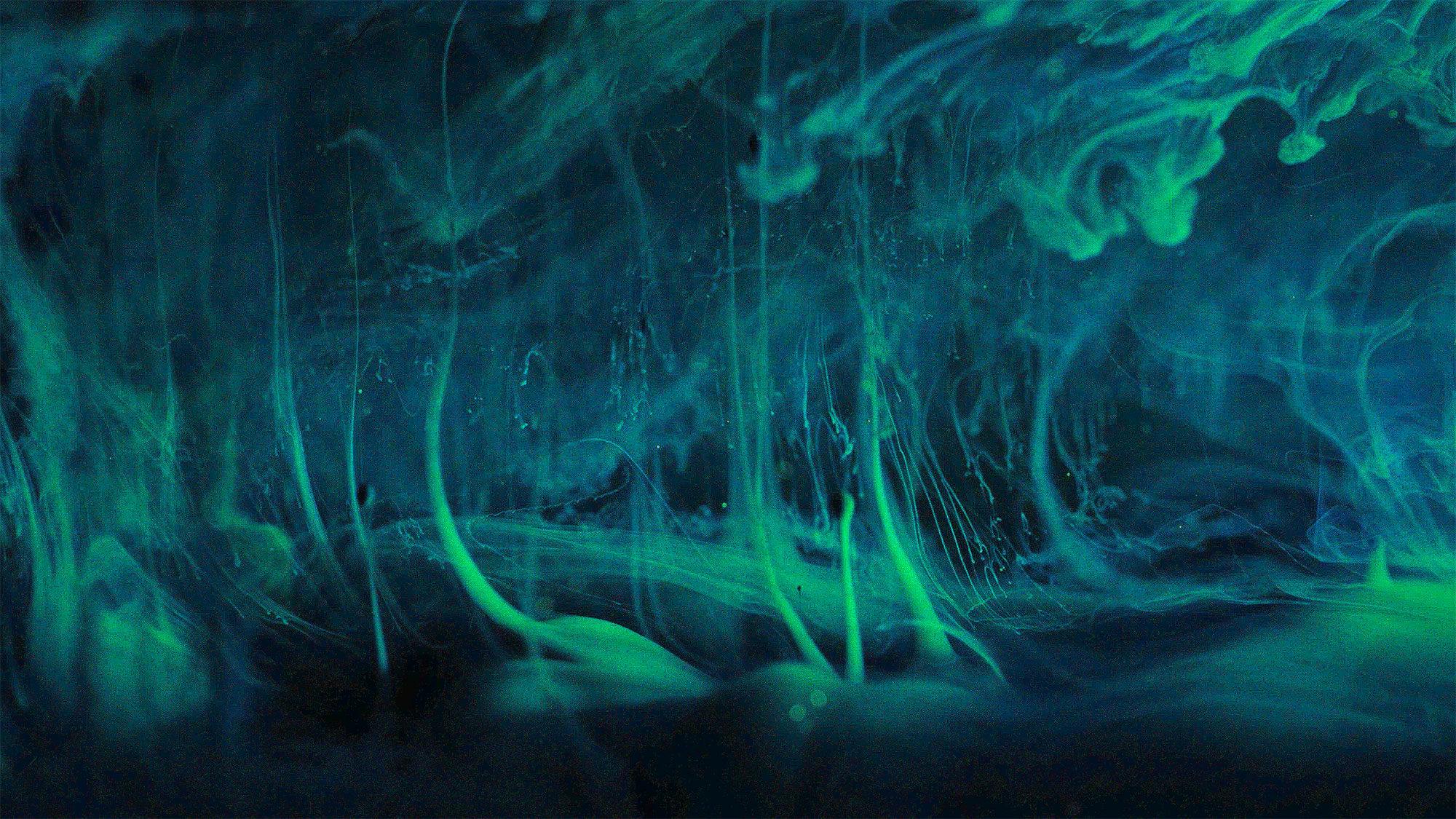Latest News
Artists address global issues at new 'Traffic' conference
Friday, 8 April, 2016 — Co-organised by research groups LAND2 and Land/Water, the 'Traffic: movement / place / flow / mobility' conference will see artists address contemporary issues on a global scale. Taking place on Friday 15 and Saturday 16 April, Traffic will be hosted collaboratively by Plymouth College of Art and Plymouth University.
<p>In the context of an estimated nine million Syrians fleeing their homes and seeking refuge since the outbreak of civil war in March 2011, and with migration and refugee movements in Mediterranean countries gaining unprecedented momentum, Plymouth College of Art and Plymouth University are collaborating to host <a href="https://www.plymouth.ac.uk/research/landwater" target="_blank" rel="noreferrer noopener">Traffic: movement / place / flow / mobility</a>, a two-day conference from Friday 15 April to Saturday 16 April.</p>
<p><a href="https://cms.plymouthart.ac.uk/admin/entries/posts/%7Bassets_11140%3A%7Bfiledir_2%7DYoung_people_learning_to_skate_on_the_West_Bank_of_Palestine_during_artist_Dani_Abulhawas_visit_-_Photo_by_Christan_Nilsen.jpg%7D"></a></p>
<p>The Traffic conference will be introduced by a panel including photographer Professor Jem Southam, with a keynote address from renowned poet Professor Tony Lopez.</p>
Photo by Emil Agerskov
<p>Speakers will include Dani Abulhawa, who visited the West Bank of Palestine to work with <a href="http://www.skatepal.co.uk/" target="_blank" rel="noreferrer noopener">SkatePAL</a>, a charitable organisation building skateparks and teaching young people to skateboard in the Palestinian Territories.</p>
<p>Another speaker will be Ignacio Acosta, whose work investigates the importance of copper to modern life and technology, and the uneasy relationship between capitalism and mining in Chile, which has the largest copper reserves in the world.</p>
<p><a href="https://cms.plymouthart.ac.uk/admin/entries/posts/%7Bassets_11139%3A%7Bfiledir_2%7DSkatePAL_building_a_skate_park_in_Palestine_during_artist_Dani_Abulhawas_visit_-_Photo_by_Emil_Agerskov.jpg%7D"></a></p>
<p>The event is co-organised by <a href="http://land2.leeds.ac.uk/" target="_blank" rel="noreferrer noopener">LAND2</a>, a national creative practice-led research network of artists whose members share common interests in how art can engage with landscape and place research, and <a href="http://www.landwater-research.co.uk/" target="_blank" rel="noreferrer noopener">Land/Water</a>, a Plymouth University-based research group of artists, writers and curators who interrogate nature, culture, aesthetics and representation, relating to land, landscape and place.</p>
Photo by Christan Nilsen
"This is an exciting opportunity to explore the ways in which contemporary artworks understand both place and subjectivity as shifting concepts."
Photo by Christan Nilsen
<p>The theme of Traffic is one that resonates with artists worldwide. Papers for the conference were submitted from countries including Brazil, New Zealand and Palestine, based on themes of place, movement and boundaries.</p>
<p><a href="https://cms.plymouthart.ac.uk/admin/entries/posts/%7Bassets_11137%3A%7Bfiledir_2%7DSkatePAL_charity_work_in_Palestine_-_Photo_by_Emil_Agerskov.jpg%7D"></a></p>
<p>Co-conveners of the conference, Liz Wells, Professor in Photographic Culture at the School of Art and Media (Faculty of Arts & Humanities) at Plymouth University, and Dr Stephen Felmingham, BA (Hons) Painting, Drawing & Printmaking Programme Leader at Plymouth College of Art, said:</p>
<p>"This is an exciting opportunity to explore the ways in which contemporary artworks understand both place and subjectivity as shifting concepts and examine what agency an artist or group of artists may have in regard to this fluid notion of place."</p><ul><li><a href="https://www.plymouth.ac.uk/research/landwater" target="_blank" rel="noreferrer noopener">Book your place on the Traffic: movement / place / flow / mobility conference</a></li><li><a href="https://www.aup.ac.uk/events">Find out more about our other upcoming events, from gallery exhibitions to artist talks</a></li><li><a href="https://www.aup.ac.uk/open-days">Discover the variety of courses we offer and explore our facilities at our next Open Day</a></li></ul>
Photo by Emil Agerskov
